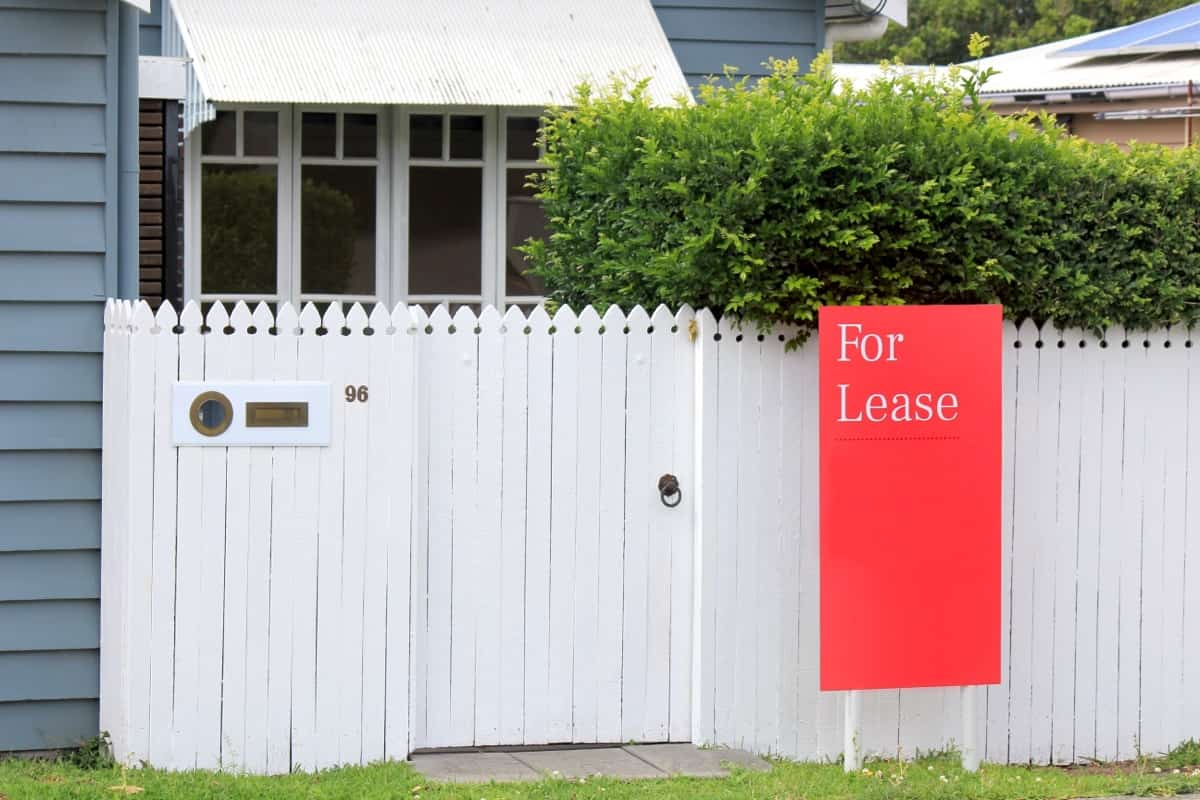The world of the rental property business beckons with promises of attractive returns and the potential for sustainable income. For those seeking an entrepreneurial journey rooted in real estate, understanding the diverse aspects of this business can be the gateway to success. Establishing a profitable rental property venture entails a spectrum of steps, from discerning market nuances to implementing sound marketing strategies.

How to Start Rental Property Business
Understanding the Rental Property Market
The crux of establishing a formidable presence in the rental property business is in-depth market comprehension. The rental market can oscillate across different geographies and timelines based on multiple factors. These range from socioeconomic conditions and policy changes to evolving consumer preferences.
One must immerse oneself in the study of ongoing trends, deciphering the implications of rental yields and gauging the precarious balance between demand and supply. Such an endeavor lays the groundwork for informed decisions and assists budding entrepreneurs in carving their niche. Whether one leans towards residential units, expansive commercial spaces, enticing vacation rentals, or pragmatic industrial zones, aligning with market dynamics is paramount.
Conducting Market Research: Identifying Profitable Rental Property Opportunities
Beyond a general understanding, the rental business warrants meticulous market research. This process is a compass, pointing towards profitable horizons and revealing untapped opportunities. By harnessing online databases, delving into market analysis reports, and perhaps even conducting firsthand surveys, one can identify the geographical areas or property types that promise the highest returns on investment. Such insights illuminate the path for immediate investments and chart out potential avenues for expansion, diversification, and growth.
Developing a Business Plan: Mapping Out Your Rental Property Business Strategy
Embarking on this venture without a solid rental property business plan is akin to sailing without a map. A comprehensive plan outlines the milestones one seeks to achieve, identifies the target audience, establishes a clear budget, delineates potential risks, and projects anticipated profits.
Additionally, for individuals grappling with constraints in initial capital and wondering how to kickstart their venture with minimal financial outlay, a well-articulated plan can spotlight unconventional avenues. This might encompass leveraging existing assets, forging mutually beneficial partnerships, or exploring alternative funding mechanisms.
Financing Your Rental Property Ventures: Exploring Funding Options
Capital remains the lifeblood of the rental property business. It underpins every facet, from property acquisition and renovation to maintenance. While traditional avenues like bank loans remain popular, the modern entrepreneur can explore credit unions, engage with private lenders, or even consider the burgeoning realm of crowdsourcing platforms.
Partnerships emerge as a viable solution when prospective business owners question the feasibility of starting without a significant financial reservoir. By amalgamating capital from one party with the property management acumen of another, such collaborations can catalyze business inception.
Legal Considerations: Navigating the Laws and Regulations of Rental Property Business
Treading the legal labyrinth is non-negotiable. Each region, influenced by its socio-political ethos, erects a unique framework governing rental properties. These encompass zoning laws, regulatory stipulations for rentals, and a comprehensive list of rights and responsibilities binding landlords and tenants. Engaging legal expertise through consultation or permanent association ensures that one remains on the right side of the law, averting potential pitfalls and ensuring smooth business operations.
In case you missed it: Boat Rental Business Plan: How to Start, Cost, Profit, License, and Requirements

Finding the Right Location: Factors to Consider for Successful Rental Property Investments
In the realm of rental properties, the age-old adage, “location, location, location,” holds unequivocal truth. The desirability of a property, its rental value, and its potential to attract tenants often hinge on its geographical placement. Its proximity to essential amenities, perceived safety, scope for infrastructural growth, and prevailing rental rates collectively influence its profitability. Ensuring judicious selection based on these criteria can be the cornerstone of sustainable success.
Acquiring Rental Properties: Strategies for Purchasing or Renting Properties
The mechanics of property acquisition weave a tapestry of strategies. Some may lean towards the allure of distressed properties, capitalizing on their discounted rates. Others might find value in the high-octane environment of auctions. Yet, another segment might eschew direct purchases, opting instead for long-term lease agreements that promise consistent returns without the complexities of ownership. The underlying thread connecting these diverse strategies is the pursuit of an optimal balance between initial investment and anticipated profit margins.
Renovating and Furnishing Rental Properties: Maximizing Appeal and Value
Once acquired, properties often require a touch of magic to transform them into appealing rental units. This metamorphosis might entail extensive renovations, aesthetic enhancements, or strategic furnishing. Modern design principles and a neutral yet inviting decor palette can work wonders. The ultimate objective remains consistent: broadening the property’s appeal to attract a diverse tenant base and minimizing prolonged vacancies that can dent profitability.
Setting Competitive Rental Rates: Determining Pricing Strategies for Maximum Profitability
The nexus between pricing and profitability is inextricable. Establishing a rental rate necessitates a nuanced understanding of the local market, comparative analysis with similar properties, and an appreciation of the unique value proposition of one’s property. Factors ranging from its size, embedded amenities, locational advantages, and overall condition contribute to this equation. The goal remains clear: a well-priced property attracts tenants swiftly and promises a steady revenue stream, underpinning the business’s financial health.
Marketing and Managing Rental Properties: Attracting Tenants and Ensuring Smooth Operations
In today’s digital age, marketing a rental space extends beyond traditional billboards or newspaper ads. A multi-pronged approach that marries traditional outreach with digital platforms, such as property listing sites and social media campaigns, can amplify reach and engagement.
Parallelly, the operational facet, encompassing rent collection, property maintenance, and tenant relations, necessitates a structured approach. Here, technology can be an ally. Property management software or dedicated property management firms can streamline these operations, ensuring the business runs like a machine.
Optimizing Tenant Relations: Building Trust and Ensuring Retention
In the rental property business realm, the properties themselves are undoubtedly valuable assets. However, the tenants who occupy these spaces and ensure consistent revenue generation are equally crucial. Engaging and fostering positive relations with tenants transcends mere business strategy –a philosophy aimed at long-term growth and sustainability.
In case you missed it: RV Rental Business Plan: How to Start for Profits, Insurance, and Cost

Initiating the relationship on a note of transparency, clarity, and mutual respect can set the tone for a harmonious tenure. Regular communication channels, prompt redressal of concerns or grievances, and periodic check-ins to gather feedback can engender trust.
Conclusion
The journey of establishing and nurturing a rental property business is multifaceted. By integrating market insights, adhering to legal stipulations, making informed investment choices, and leveraging modern marketing and management tools, entrepreneurs can position themselves at the vanguard of this industry. At its heart, the rental property business is a play between astute investments and calculated profit margins, promising a lucrative future for those who navigate it adeptly.
- Handicraft Making at Home: A Small Profitable Business Idea
- Pet-Tech Startups: Innovations for Animal Lovers
- Tech Repair Services: Meeting the Demand for Gadget Maintenance
- Maximizing Rewards: Smart Credit Card Habits for Cashback and Points
- Ultimate Guide to Making Money from Goat Milk Business
- How to Start an Agricultural Value Added Product Business
- Value-Added Business Ideas for Greenhouse: The Best Ways to Make Profits with Greenhouse Farming
- How to Make Profits with Organic Country Chicken: Best Strategies for Beginners
- 10 Value-added Business Ideas for Millets: Low-investment and Highly Profitable